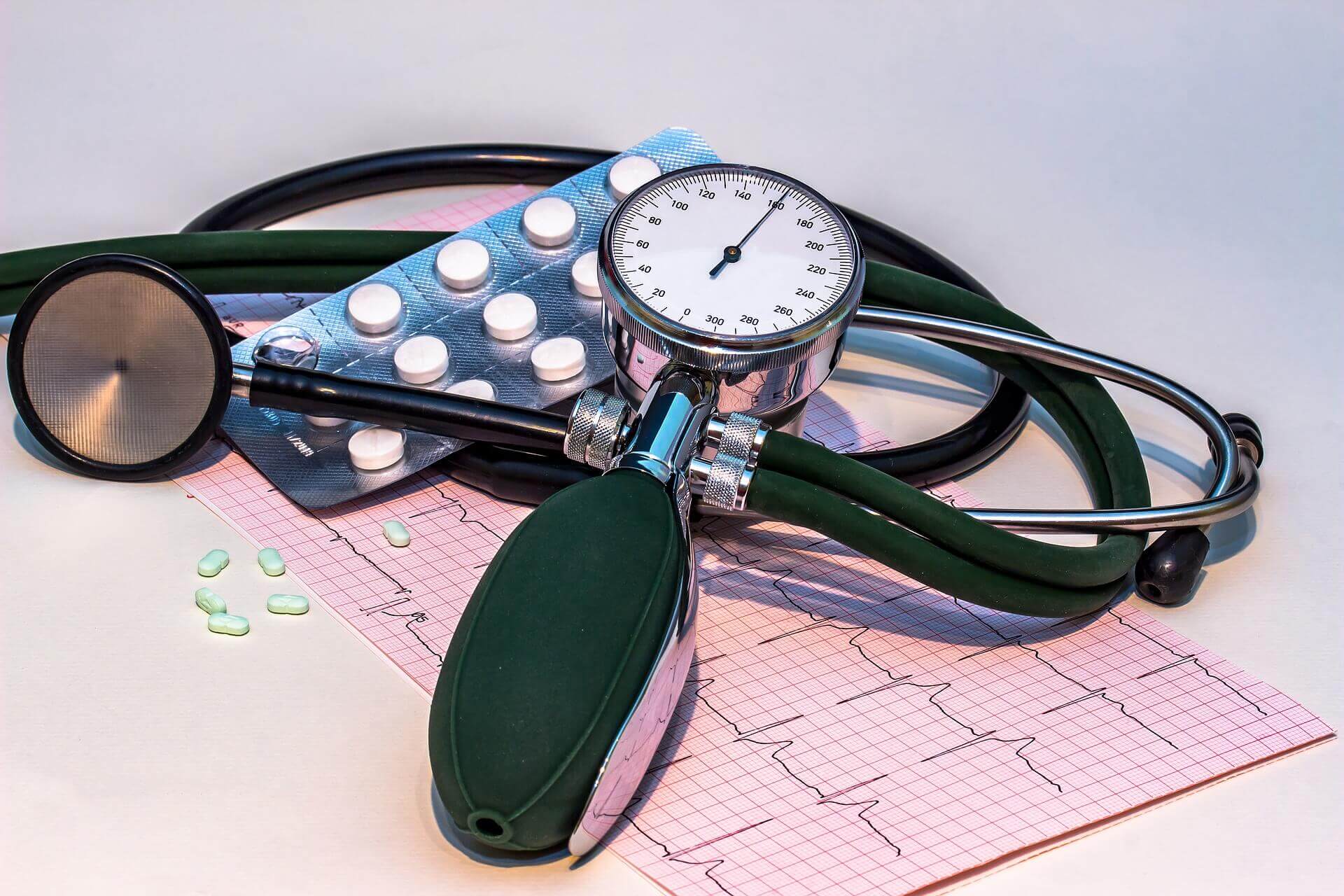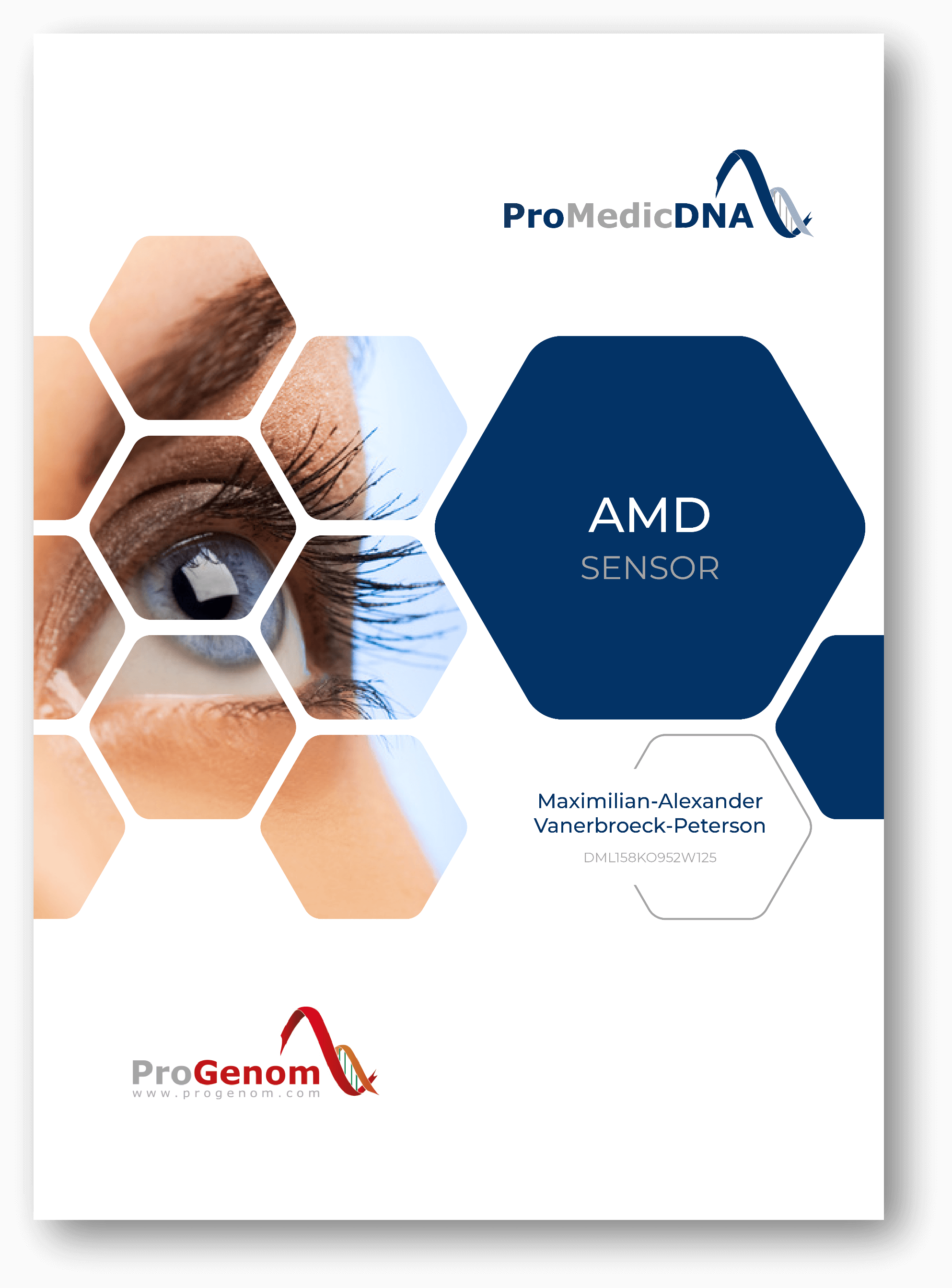High Blood Pressure is a Silent Killer
Hypertension (high blood pressure) is defined as a chronic systolic blood pressure higher than 140 mmHg or a diastolic blood pressure greater than 90 mmHg (measured at rest after 10 minutes of sitting). Since high blood pressure often causes no symptoms for a long time, it is frequently diagnosed too late, by which time the heart and blood vessels may already be seriously damaged.
It is estimated that approximately 29% of the total population suffers from hypertension, with increasing frequency as age rises. In some cases, symptoms such as morning headaches, dizziness, nausea, nosebleeds, fatigue, or insomnia may occur. However, the disease usually progresses without symptoms and only becomes noticeable due to complications.
An early diagnosis of high blood pressure is therefore extremely important to prevent such issues.
Causes of Arterial Hypertension
In 90 percent of cases, hypertension is not caused by an underlying organic disease but occurs without an identifiable reason. High blood pressure can significantly increase the risk of developing atherosclerosis or arterial calcification, especially when other risk factors such as severe obesity, diabetes mellitus, and elevated cholesterol or triglyceride levels are present. Lack of exercise, smoking, and a high-salt diet can also contribute to hypertension. The resulting cardiovascular diseases, such as coronary artery disease (CAD), heart attack, heart failure, kidney failure, stroke, and peripheral artery disease, are responsible for about 45% of deaths in men and 50% of deaths in women.
In addition, our genetic predisposition plays a crucial role. Several genes are associated with the regulation of blood pressure. Thus, two individuals with nearly identical lifestyles may have different tendencies toward hypertension. A genetic analysis can identify existing risks and initiate timely countermeasures that, in most cases, may prevent serious, often fatal consequences.
How Does Our Hypertension Sensor Work?
With our Hypertension Sensor, our laboratory analyzes the submitted saliva sample for four genetic variations that may contribute to the development of high blood pressure.
This genetic test assesses the individual risk for hypertension and determines whether appropriate countermeasures are necessary.
The analysis results are summarized in a detailed report, which also reviews the effectiveness of more than 65 relevant medications and provides specific prevention recommendations.
In this way, our Hypertension Sensor can help individuals detect high blood pressure early and take preventive actions to mitigate its onset.
Hypertension Sensor Overview
- Analysis of 4 genetic variations relevant to high blood pressure
- Assessment of personal risk for hypertension
- Effectiveness testing of over 65 common medications
- Reliable & ISO-certified testing in our laboratory
- Comprehensive evaluation of results in a report
- Individual recommendations for hypertension prevention



























